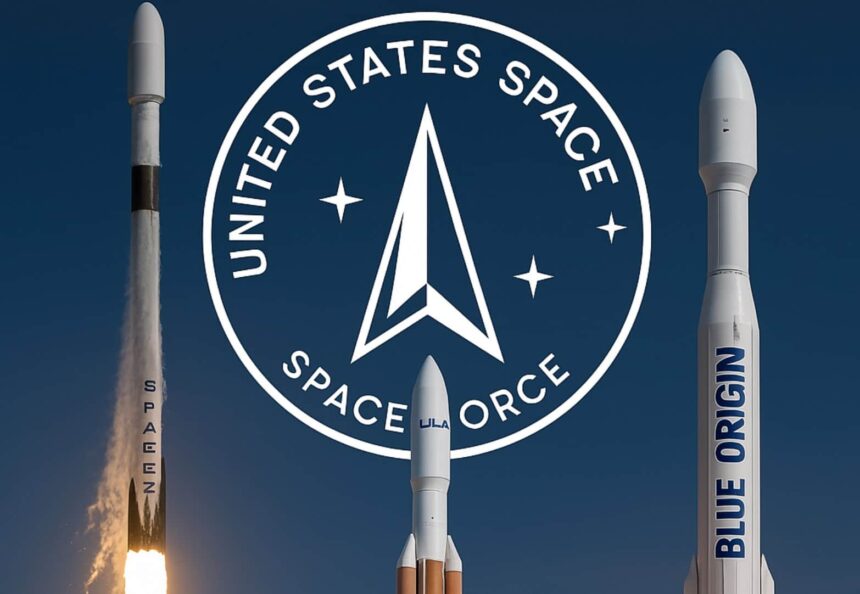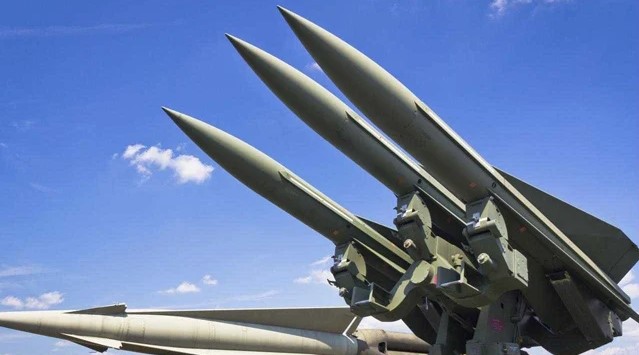SpaceX Could Play a Bigger Role in Military Satellites
The U.S. Pentagon is thinking about giving more responsibility to SpaceX, a private space company, for building and launching military satellites. This possible change comes as the government looks to save money and speed up progress in space defense programs.
The plan in question is a missile-tracking satellite system called the Proliferated Warfighter Space Architecture. This system would include hundreds of small satellites flying in low Earth orbit. Their job is to spot missile launches and send that information quickly to the military using advanced laser communication. The goal is to protect the U.S. and its allies from surprise attacks by enemy missiles.
Originally, this satellite program was meant to be shared by several different companies. That way, no single business would have too much control, and it would help lower prices through competition. However, there are now talks about changing this plan and relying more heavily on SpaceX. Some people believe this could make the program run more smoothly, while others are worried it would give too much power to one company.
The Department of Defense has not made any final decisions yet. Officials have said they are still reviewing all programs and contracts, especially because of new budget cuts that aim to reduce military spending by around 8%. These budget cuts could lead the Pentagon to choose companies that are already delivering strong results—like SpaceX.
Concerns About Fairness and Competition
Some people inside the space industry are worried. They say that giving most of the work to one company could hurt smaller businesses trying to grow. Several companies such as Lockheed Martin, Northrop Grumman, York Space Systems, and Rocket Lab had already been given contracts to work on this satellite system. It’s unclear whether these contracts will be canceled or changed if the Pentagon decides to lean more on SpaceX.
Experts have also said that using one large company could create doubts about whether the decisions are fair. Even though SpaceX has a good record and reliable rockets, critics argue that the company may be seen as having an unfair advantage because of its close ties to top government offices.
The Pentagon had earlier promised to use a mix of contractors for its space programs. This approach was supposed to help bring new ideas, better performance, and lower costs. But now, some fear that this idea could be abandoned if SpaceX is given a bigger share of the work.
The U.S. Government Accountability Office (GAO) has also pointed out problems in the satellite program. According to the GAO, the system has seen delays and has not shown that it can fully perform its mission. One key issue is laser communication between satellites, which is still new and untested for many companies. SpaceX already uses this laser technology in its Starlink satellites, which may be one reason the Pentagon is looking at them more seriously.
Big Contracts and Bigger Stakes
The Pentagon has earmarked $35 billion for a missile-tracking satellite program that will involve launching 300–500 small satellites. These satellites are divided into two layers: a tracking layer to detect missile launches and a transport layer to relay critical data quickly to military systems. There’s also talk that the military might utilize a version of SpaceX’s Starshield—a network designed for military and intelligence use—to support the transport layer.
SpaceX is already a key partner for the U.S. government, launching satellites, astronauts, and military cargo with its reusable Falcon 9 rocket. The company recently secured $5.9 billion in Pentagon contracts, while ULA was awarded $5.4 billion and Blue Origin received $2.4 billion, contingent on rocket certification. To encourage competitive bidding, the Pentagon organized launch contracts into two “lanes”: Lane 1 for smaller, less risky missions open to newer companies, and Lane 2 for critical missions awarded to firms with proven systems. In the first round of Lane 1, SpaceX captured $733 million for nine launches.
Despite efforts to level the playing field by including newer companies like Rocket Lab and Stoke Space—each given $5 million to meet security standards—SpaceX’s speed, performance, and established technology have made it difficult for competitors to keep pace. Industry insiders note that even with a bid for competition, matching SpaceX’s reliability has proven challenging, ensuring the company remains central to U.S. space defense initiatives.




